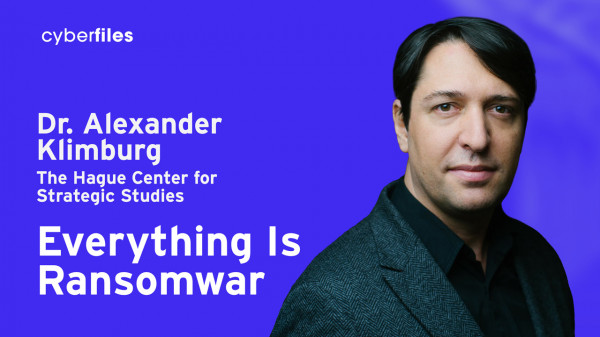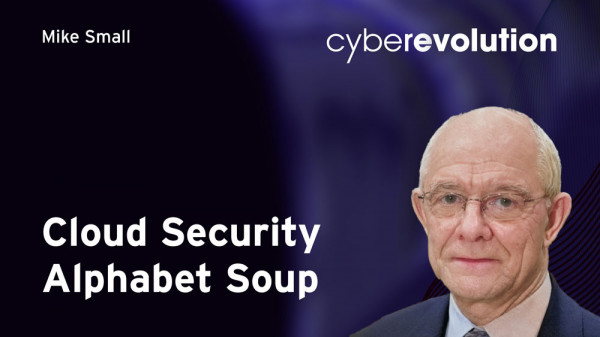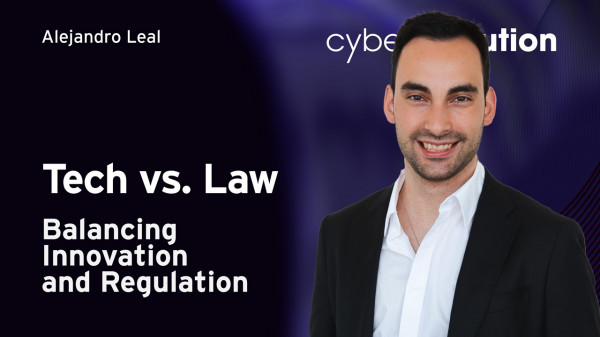Insights
Research
Advisory
Events
Videos
KC Open Select
Company
KuppingerCole's Advisory stands out due to our regular communication with vendors and key clients, providing us with in-depth insight into the issues and knowledge required to address real-world challenges.

Optimize your decision-making process with the most comprehensive and up-to-date market data available.
Compare solution offerings and follow predefined best practices or adapt them to the individual requirements of your company.
Configure your individual requirements to discover the ideal solution for your business.

Meet our team of analysts and advisors who are highly skilled and experienced professionals dedicated to helping you make informed decisions and achieve your goals.

Meet our business team committed to helping you achieve success. We understand that running a business can be challenging, but with the right team in your corner, anything is possible.





